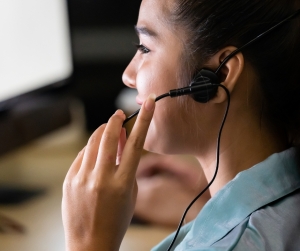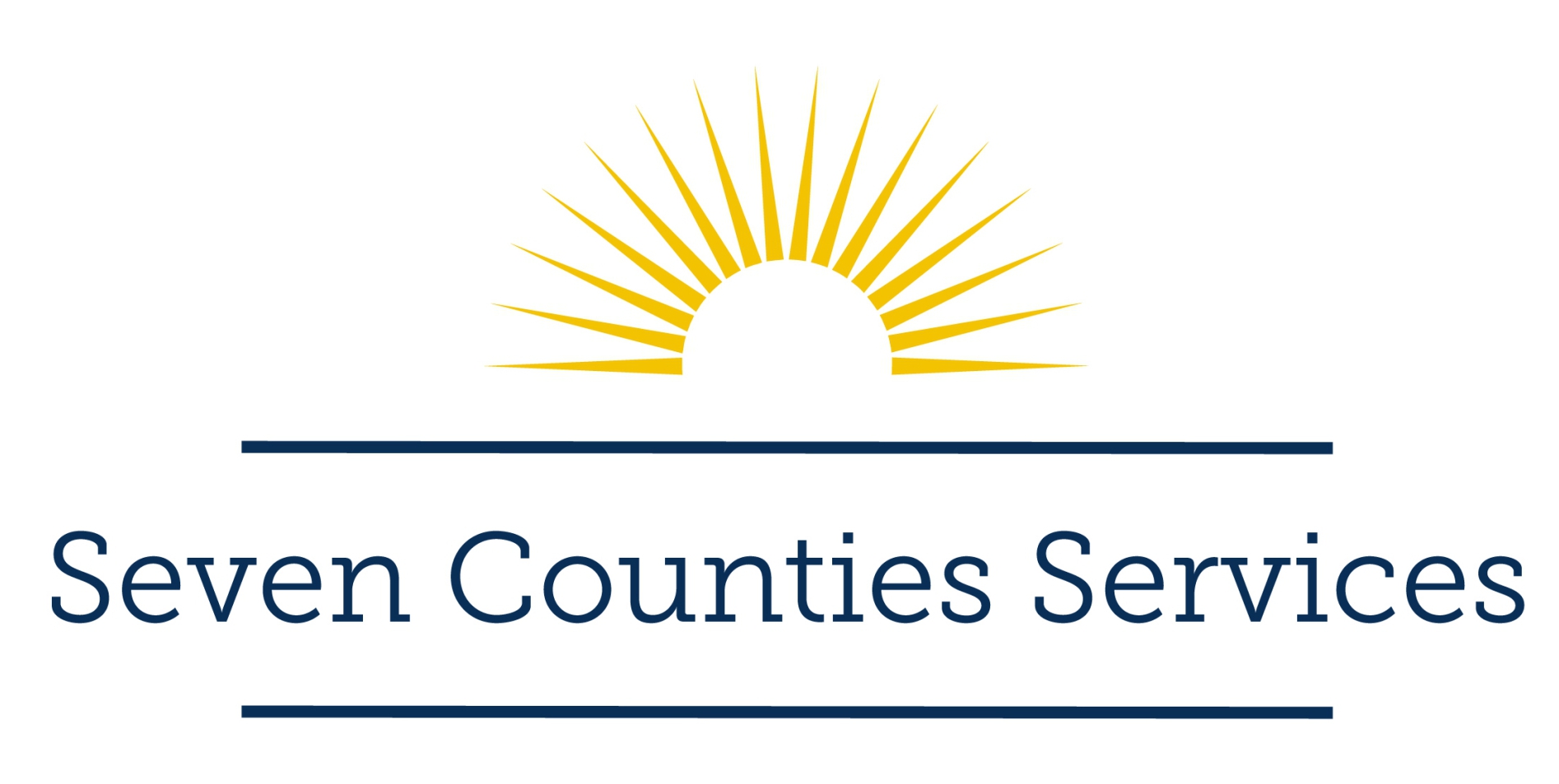Crisis Call Diversion Program (Deflection) FAQ
 What is the Crisis Call Diversion Program? Is it different than the Deflection Team?
What is the Crisis Call Diversion Program? Is it different than the Deflection Team?
The Crisis Call Diversion Program, also known as Deflection, redirects non-emergency mental health-related 911 calls from the Louisville Metro Police Department (LMPD) to Crisis Triage Workers (CTWs) from Seven Counties Services. These CTWs are part of the Deflection Team and work in the Behavioral Health Hub located within the 911 MetroSafe call center. This program operates 24/7 across all of Jefferson County.
Who is the Deflection Team?
The Deflection Team consists of mental health professionals with crisis de-escalation skills and experience with mental health, substance use, and homelessness. The team includes:
- Crisis Triage Workers (CTWs): Handle calls from MetroSafe, provide crisis and suicide intervention, suggest appropriate services, connect callers with mobile crisis response if needed.
- Mobile Crisis Response Specialists: Provide on-site crisis intervention, assess situations, de-escalate crises, and develop crisis plans using available resources. They respond in plain clothes and unmarked vehicles.
- Mobile Response Case Managers: Follow up with clients to connect them with necessary resources and services.
What’s the difference between Deflection and the police?
The Deflection Team is employed by Seven Counties Services. They are separate from the LMPD, but collaborative. Any service Deflection provides is completely voluntary and only intended to help individuals in a behavioral health crisis connect with resources and services.
What kind of calls are sent to Deflection?
Deflection is sent calls from 911 MetroSafe calltakers who are experiencing mental or behavioral health issues that are not an immediate threat to life or serious harm to oneself or others. Some examples of situations where Deflection can help include:
- Experiencing suicidal thoughts.
- Wanting to seek help for an addiction.
- Experiencing psychosis, hallucinations, or having a mental break.
- Feelings of being in crisis and unsure what to do.
Deflection cannot help in situations where there are safety concerns. In these cases, a police response is necessary. This includes:
- Someone has already taken steps to harm themselves or others.
- There is an active threat involving a weapon.
- A violent crime is in progress.
How do I reach Deflection?
When someone calls 911, MetroSafe calltakers will ask a few initial questions to determine the appropriate emergency response, which could involve the police, fire department, EMS, or mental health services. If the call is related to mental health and does not pose an immediate threat to life or serious harm, the MetroSafe calltaker will transfer the call to Deflection.
What can I expect when I call 911 and am transferred to Deflection?
After calling 911 and answering a brief series of questions to determine that the emergency is mental and/or behavioral health-related, you will be connected with a Crisis Triage Worker (CTW). CTWs are trained to provide crisis and suicide intervention over the telephone to callers needing emergency/crisis assistance. They are there to provide a listening ear and connect callers with resources. If needed, CTWs will dispatch the mobile crisis response team to assist in person and provide further help. Receiving assistance from the mobile response team must be voluntary.
Who shows up to a mobile crisis response?
When mobile response is needed, a team of two to three specialists respond in plain clothes in an unmarked minivan that has amber safety lights wearing a Seven Counties Services and MetroSafe deflection badge. Responders consist of mental health professionals with crisis de-escalation skills and experience with mental health, substance use, and homelessness.
What’s the difference between calling 911 and 988?
In an emergency, always call 911. Dispatchers can connect you with police, fire, EMS, and behavioral health specialists as needed.
If you or someone you know is in mental or emotional distress, or just need someone to talk to during a difficult time, the 988 Suicide and Crisis Lifeline is available to all people, always, from anywhere. Learn more about 988.
Can I call Deflection for someone else?
If you want to help someone, remember that you cannot call Deflection “on” someone; you must call 911 “with” them and speak with the MetroSafe calltaker together. The Deflection Team’s services are completely voluntary, so they can only assist if the person in crisis agrees to receive help.
If I call 911 and am transferred to Deflection, will my personal information be saved or shared?
Crisis Triage Workers do not enter personal health information into the CAD (computer-aided dispatch) system used by the 911 call takers. They can access information already entered into the CAD and include that they offered resources to a caller, but they do not report health information.
What language options are available when speaking to Deflection?
Callers have access to the language line, providing on-demand language interpretation.




